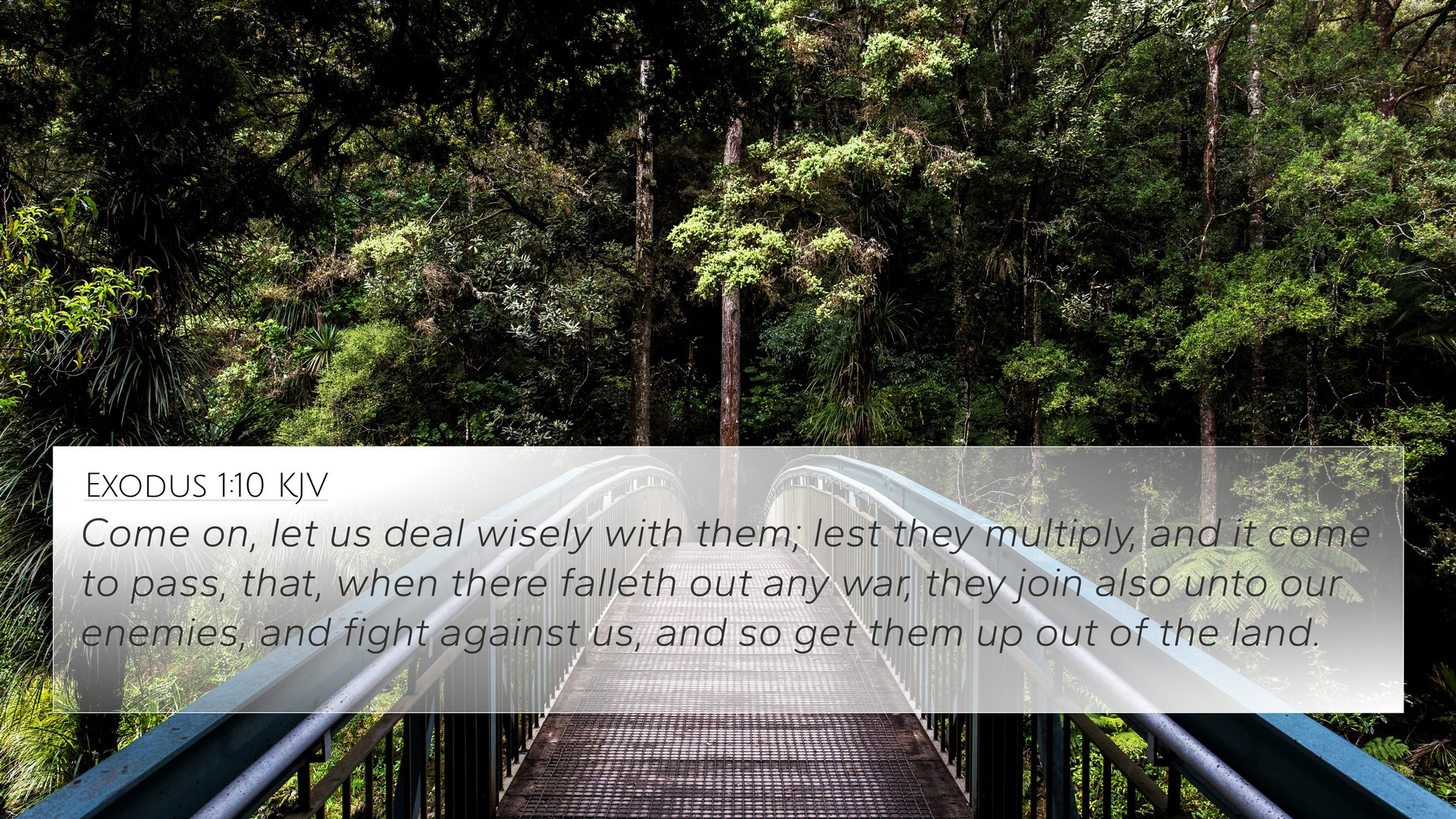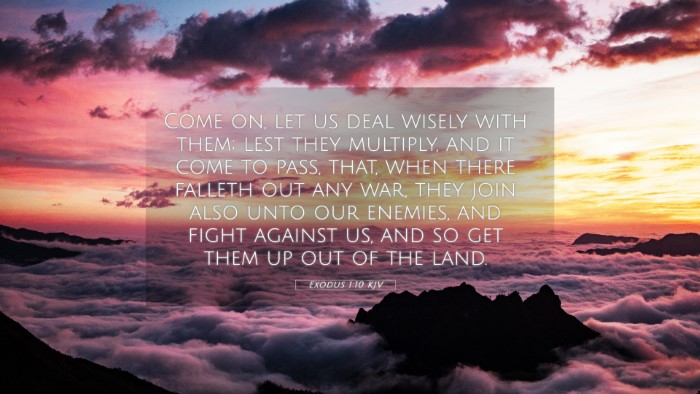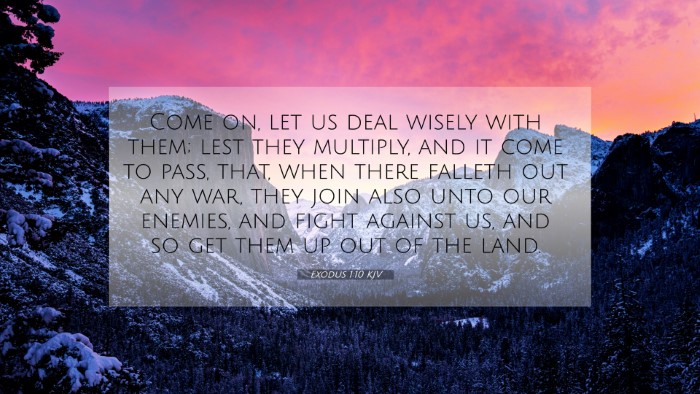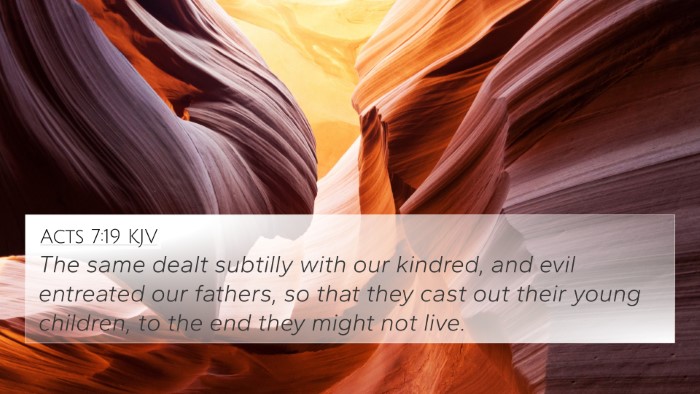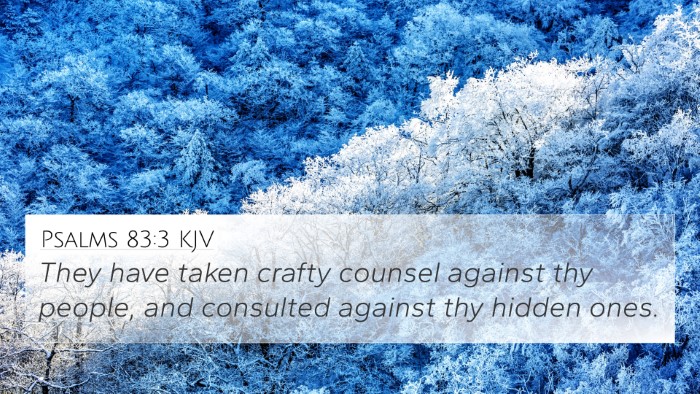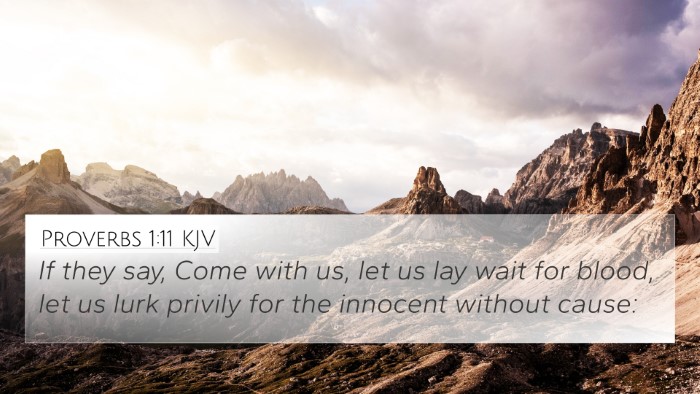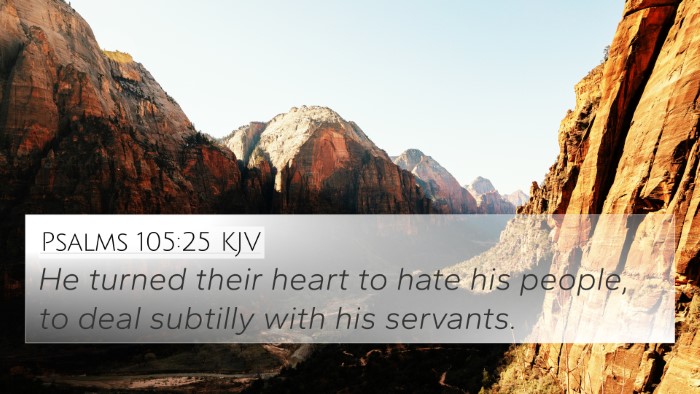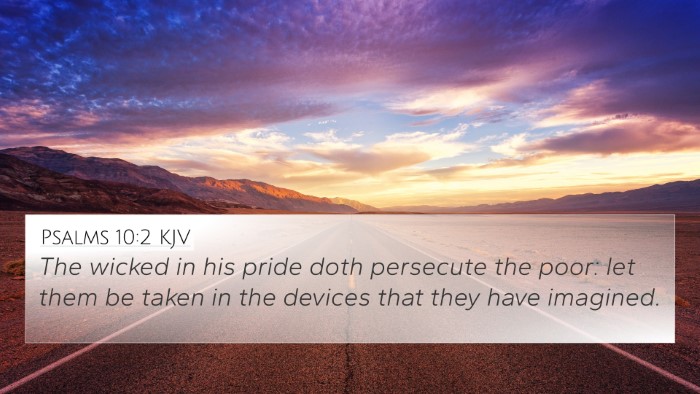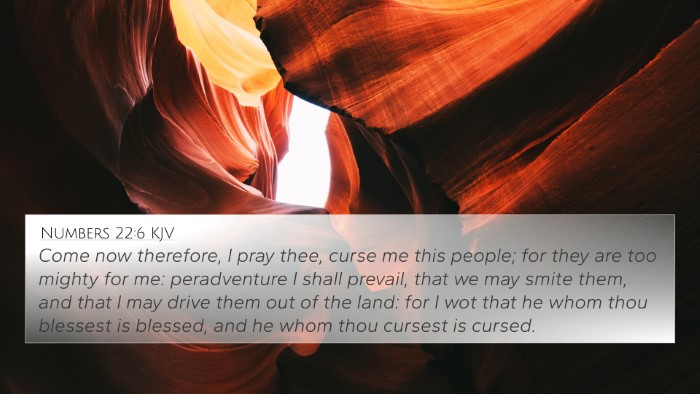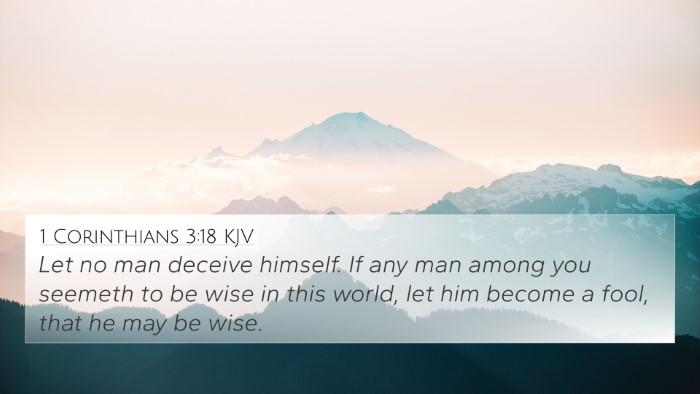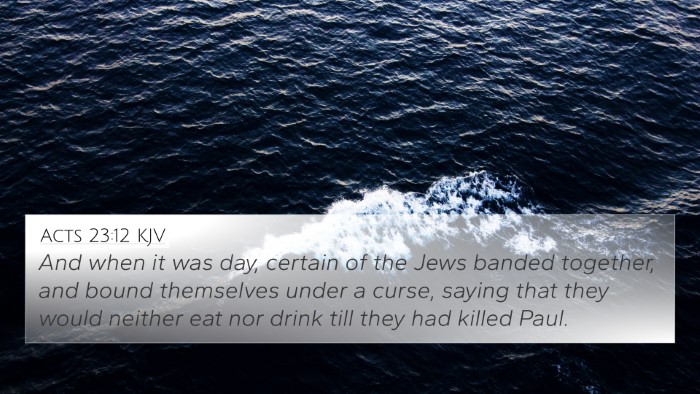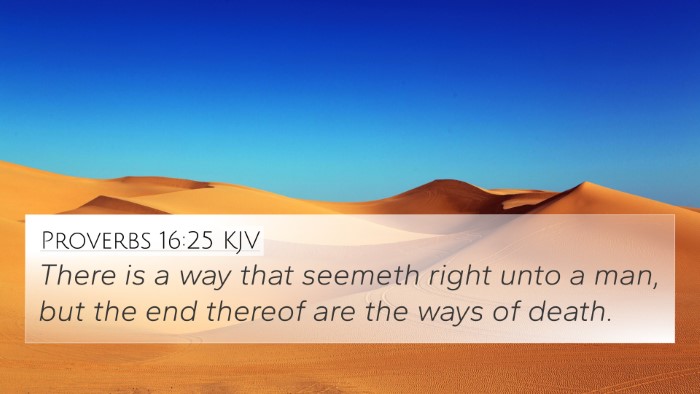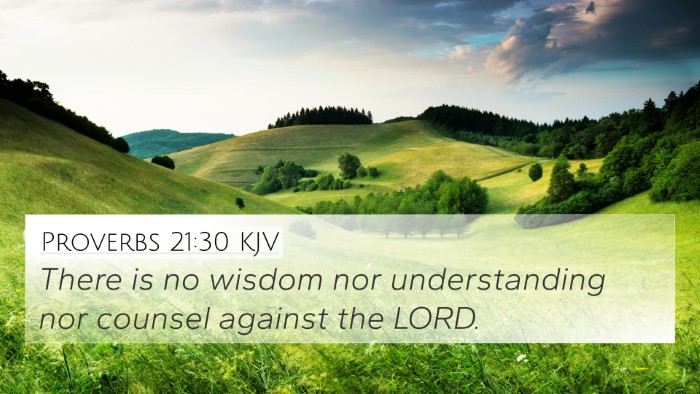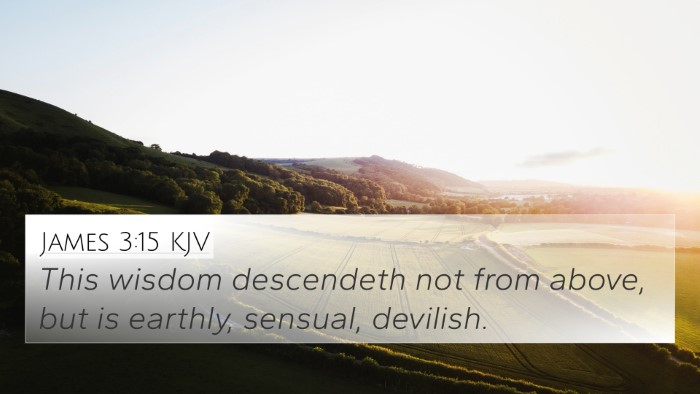Understanding Exodus 1:10
Exodus 1:10 states: "Come, let us deal wisely with them; lest they multiply, and it come to pass, that, when there falleth out any war, they join also unto our enemies, and fight against us, and so get them up out of the land." This verse introduces the ancient Egyptians’ fear of the growing Israelite population. To fully grasp its meaning, we can utilize insights from various public domain commentaries.
Context and Interpretation
This scripture appears in the context of Israel’s oppression in Egypt. After Joseph's death, the new Pharaoh is threatened by the Israelites' increasing numbers. The response to this fear foreshadows the intense oppression that follows. Here are some insights derived from notable commentaries:
- Matthew Henry: He emphasizes the fear of the Pharaoh and the strategic thinking behind this verse. The king's decision indicates a calculated approach to maintain control over Israel. Henry highlights the mention of "war"—the concern that a united front might turn against the Egyptians.
- Albert Barnes: Barnes points out that the phrase "deal wisely" implies cunning or shrewdness. The Pharaoh's response is a reaction to the numerical threat posed by the Israelites, suggesting a lack of faith in God’s protection over Egypt.
- Adam Clarke: Clarke discusses the root of Pharaoh's fear, identifying it as an irrational but powerful response to demographic changes. His commentary stresses that oppressive systems often emerge from an unjustified fear of losing power.
Thematic Connections and Cross-Referencing
Connecting Exodus 1:10 to other Bible passages reveals a recurring theme of fear leading to oppression:
- Genesis 15:13: God tells Abraham that his descendants will be strangers in a foreign land, foreshadowing the oppression the Israelites will face.
- Exodus 1:12: The more the Egyptians afflicted Israel, the more they multiplied—an indirect reversal of Pharaoh’s intent.
- Psalm 105:24: God made His people very fruitful and enabled them to become stronger than their oppressors.
- Isaiah 10:1-2: These verses address the injustice of oppression, linking to Pharaoh’s oppressive policies.
- Matthew 2:16: The fear of King Herod mirrors Pharaoh’s as he seeks to eliminate threats to his power, representing a thematic parallel.
- Romans 8:31: “If God is for us, who can be against us?” contrasts the fear of Pharaoh with the assurance of divine protection.
- 2 Timothy 1:7: God has not given us a spirit of fear, implying that divine support counters human fear, as demonstrated in Pharaoh’s actions.
Insights into Human Nature and Leadership
The actions of Pharaoh serve as a reflection of human nature and leadership dynamics. Fear can lead leaders to oppressive measures that might ultimately backfire, as seen in the history of Israel's struggle:
- Fear vs. Faith: Pharaoh operates from a place of fear, which can skew judgment and lead to unjust actions against another people.
- Oppression and Growth: The Israelites' growth, in spite of oppression, serves as a testament to resilience and divine promise.
- Leadership Strategies: Pharaoh's cunning plans highlight how rulers may choose manipulation over cooperation, lacking the insight to realize strength in diversity.
Conclusion
In conclusion, Exodus 1:10 showcases the dynamics of fear, oppression, and growth within the context of leadership. By cross-referencing related scriptures, we gain a deeper understanding of the implications of this verse and its relevance throughout the biblical narrative. Embracing wisdom from commentaries enhances our interpretation of scripture and its themes—especially the critical role of faith in leadership.
